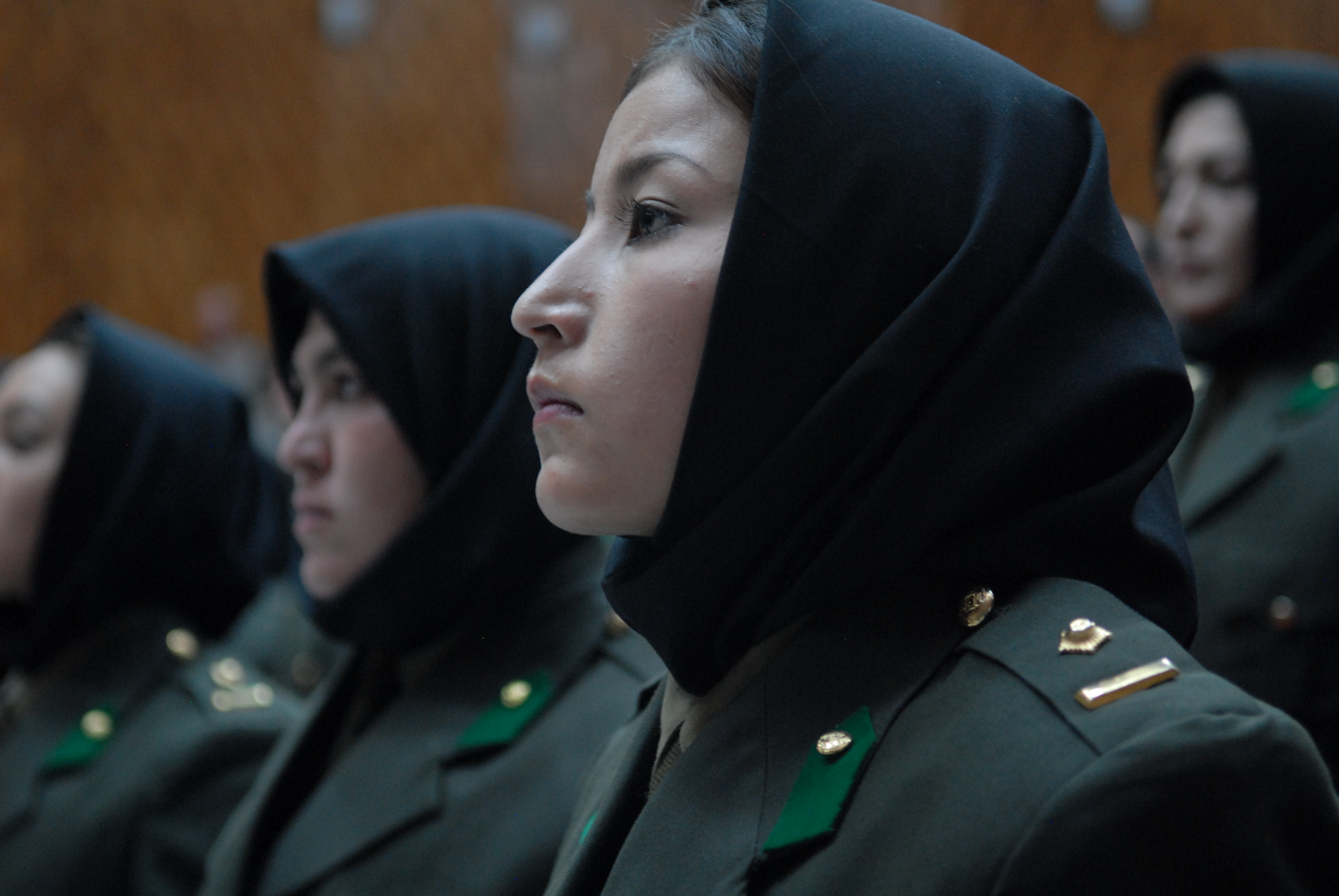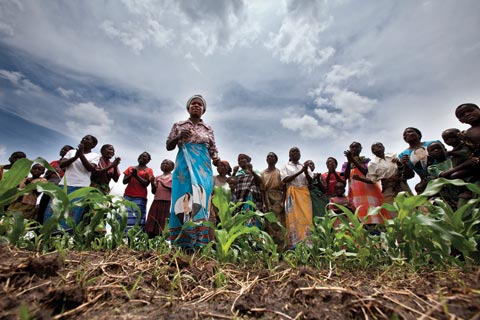As we move further into 2016, women in Afghanistan are continuing to call for greater involvement in the long-running Afghan peace talks. Their increased efforts are related to the fact that their government, despite having made commitments to include women in the negotiation process, has failed to implement those commitments that would ensure their participation.
According to an Oxfam study from 2014, only two women were present during peace talks between the Taliban and Afghan government, while none were included in 23 talks between the Taliban and international community. Considering these discussions have been ongoing since 2005, these statistics are troubling because they indicate that an entire section of the population has been unrepresented throughout negotiations.
Many women in Afghanistan are concerned that if they are left out of peace talks, negotiations may lead to the loss of many newly gained women’s rights. As Suhaila Sahar, director of the General Association of Public Servants, articulated, “Afghan women do not want a peace that again restricts women’s access to school or work outside the home.” Mahbouba Seraj, director of the Organization of Research for Peace and Solidarity, also expressed fear that continued exclusion from the peace talks will leave the protection of women’s rights on the periphery.
While a deputy spokesperson from the Afghan government has said “[the government] will continue to consult with women, just like we engage with representatives of all walks of life,” Afghan President Ashraf Ghani’s comment that he will not “bother [women’s rights groups] until the right time” is worrisome to researchers at the Human Rights Watch. Heather Barr, a senior researcher on women’s rights, has found that the Afghan government’s continued lack of female inclusion “suggests a lack of seriousness about giving women the role to which they’re entitled.”
Afghanistan has a commitment not only to its women to include them in peace talks, but to the overall international community. Most prominently, the Afghan government has an obligation to respect UN Security Council resolution 1325, which “reaffirms the important role of women in the prevention and resolution of conflicts [and] peace negotiations,” as well as “stresses the importance of their equal participation and full involvement in all efforts for the maintenance and promotion of peace and security.”
That is not to say Afghanistan has not taken any steps towards women in regards to involvement in security matters. In 2015, the Afghan government reaffirmed its commitment to implement resolution 1325 between 2015 and 2022. In its 1325 National Action Plan (NAP), Afghanistan listed “ensuring women’s effective participation in the peace process” and “encouraging women’s meaningful participation in the drafting of strategies and policies on peace and security” as part of its commitment priorities. The problem is that the government promised to implement programs to fulfill those priorities by 2016, and three weeks into the year there have not been any indications that these implementation strategies have been created.
The failure to include women in the Afghan peace talks should be regarded as a failure of the peace talks themselves. A UN report found evidence that “peace processes that included women as witnesses, signatories, mediators, and/or negotiators demonstrated a 20 per cent increase in the probability of a peace agreement lasting at least two years…with a 35 per cent increase in the probability of a peace agreement lasting 15 years.” Negotiations between the Taliban and the Afghan government are meant to be supporting a peaceful, constructive environment for the Afghan people. Despite the argument that women’s rights are being considered by members of the negotiation teams, the only way for women to directly ensure their role in this constructive environment throughout these discussions is to be there to represent themselves.
The lack of women involved in peace negotiations is not just a problem in Afghanistan. There has also been criticism of the Syrian peace talks for its lack of female participation, and another UN report has also been following the low proportion of women participating directly in peace talks. So while it is true that women’s rights have made progress in many regions, those strides will have much less meaning if women can’t protect those rights at the negotiating table.




